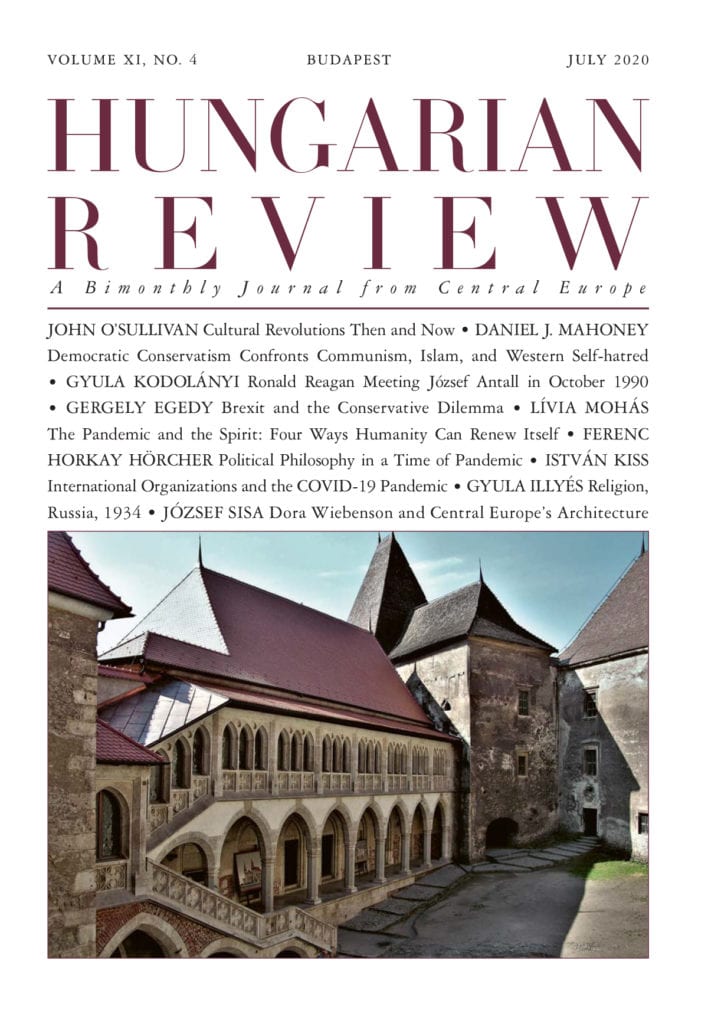CULTURAL REVOLUTIONS THEN AND NOW
“As for almost all other Westerners in 1966 and later, we looked at the theory-intoxicated antics of the cultural revolutionaries with amazement and thought “it could never happen here”. Well,

“As for almost all other Westerners in 1966 and later, we looked at the theory-intoxicated antics of the cultural revolutionaries with amazement and thought “it could never happen here”. Well,
“As the pandemic winds down, we will need to take tally of more things than the aspects we usually hear mentioned. We have of course realised that the economy must
Part I: Under the Impact of the First Shock, Mid-March* Millennia of human history have shown that serious epidemics are often accompanied by political uncertainty: they can redraw political frontiers,
“The WHO was also sending mixed messages to its members. While they recommended to China exit screenings at their international airports, it advised against the entry screening of people coming
Brexit has raised a number of serious challenges to the British political traditions and perhaps none of them has been more dramatic than the dilemma facing the conservatives. The dilemma
“That is a lesson that has been largely forgotten in the present global crisis occasioned by the spread of COVID-19. Individually and collectively, we seem to have put what Aristotle
ALLIED SUPERVISION OF RELIGIOUS PERSECUTION By the summer of 1946, eighteen months after the provisional Hungarian government had signed the armistice with the Soviet Union, Great Britain and the United
“We still do not know precisely how many people were taken from Hungary to the Soviet Union. Some of the people taken into captivity died in the holding camps in
The gaze is struck by a church spire on practically every corner, not just downtown but in the shabbiest outskirts, where the tiny wooden houses squat low, almost submerged in
A Background to Gyula Illyés’s Russia1 Part I From 17 August to 1 September 1934 the first Congress of Soviet Writers was convened in Moscow – the first writers’ congress
In 2019, remembering the 30th anniversary of the events of summer 1989, the Hungarian and German press made frequent references to the role of the Hungarian Charity Service of the
“Reagan realised that it was possible, even necessary, to collaborate on a friendly footing with the new Soviet leader who sincerely embraced a policy of openness. Indeed, he went so
On 29 April 2020, the President of Romania, Klaus Iohannis (a Transylvanian Saxon, i.e. German, by birth) came up with the charge that the Social Democratic Party of Romania was
Dora Wiebenson, the distinguished American architectural historian, is not unknown to Hungarian experts. She devoted several years of her active life to edit and publish a book on Hungarian architecture,
ANTAL BABUS (Gyöngyös, 1960) literary historian, librarian graduated from Debrecen University (KLTE) in 1984 majoring in Hungarian and Russian. He obtained his PhD degree in 2002 from the same university.